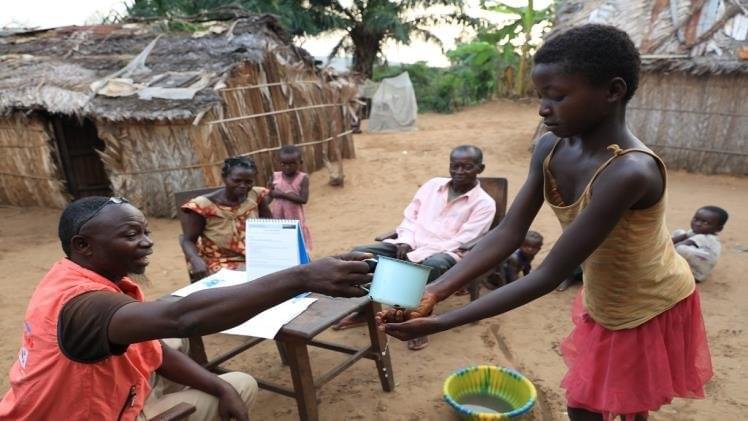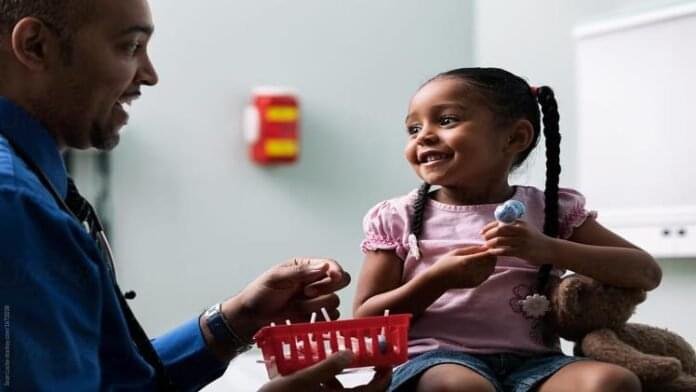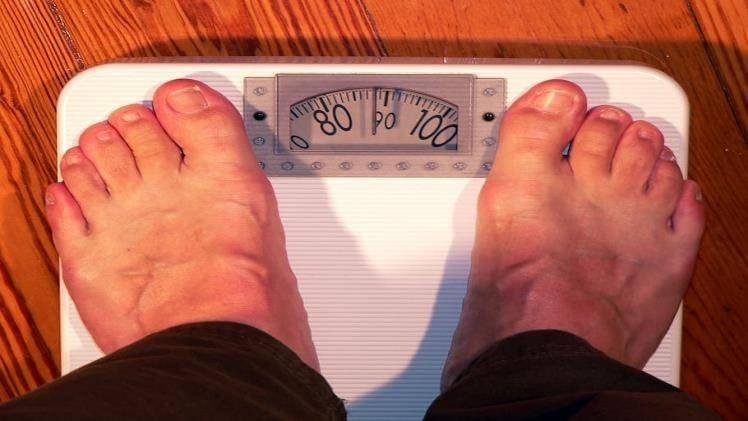Health professional work with communities at the local level to improve their overall wellness. They promote disease prevention, education and access to health services.
Using public health principles, these professionals identify the needs of a community and create plans to address those issues. They often work with government agencies and nonprofit groups tied to a specific area.
Health Workers
Community health workers, also known as CHWs, promote health in their communities and provide education on healthy behaviors. They work as part of a healthcare team in both public and private health facilities.
Often, they work in low-income neighborhoods where there is a high need for services and where people have difficulty accessing medical care. They can help patients find and schedule appointments, connect them to other social support, and provide transportation assistance.
Research shows that health workers can reduce health disparities, improve health outcomes, and lower costs for the health system. They can also help patients adhere to complicated treatment regimens for conditions such as diabetes, asthma and HIV/AIDS.
Many states are working to better incorporate and formalize the role of community health workers into their health care systems. This includes creating a certification process that ensures community health workers meet training standards and experience levels.
Health Professional Community Health Educators
Community health educators work directly with communities to promote wellness and teach individuals how to make better life decisions. They also develop educational materials with health-related information for use in community outreach programs.
Community health education initiatives often help people understand symptoms of illness and empower them to seek medical care at an earlier stage. This can reduce the severity and duration of disease and improve overall health outcomes, especially among older adults.
In addition, these programs often focus on improving health literacy, which affects how people interact with and understand health-related information. Poor health literacy is linked to poor mental health, limited daily activities, and reduced physical functioning — conditions that can exacerbate or even cause chronic diseases.
In order to launch and maintain successful health education programs, community health educators must be able to listen to and understand their target population’s needs. They must also be able to communicate effectively and respond quickly to problems they encounter.
Health Professional Community Health Nurses
Community health nurses are essential to promoting the well-being of local communities. They focus on identifying health risks and disparities, implementing prevention programs and advocating for access to healthcare.
They often work in clinics, hospitals, schools or government agencies. They also travel to isolated areas where medical care is unavailable.
Public health nurses are also critical to addressing epidemics or pandemics, and they prepare for these events by operating immunization clinics. For example, during the COVID-19 pandemic, community health nurses worked to distribute vaccines and educate the public on how to avoid infection and spread.
A career in community health requires strong communication skills, compassion and empathy, as well as a passion for improving the overall health of individuals and communities. Sheila Rucki, a faculty member at the Purdue University Global School of Nursing, says that community health nurses need to be connected to their communities and understand the cultural and social factors that influence people’s health.
Community Health Administrators
Community health administrators work to ensure all members of the community have access to the resources they need to live healthier lifestyles. They often address non-medical factors, such as poverty, homelessness and drug addiction that may affect health.
These professionals also work to reduce health disparities by improving access to medical care. Reducing wait times in hospital and other healthcare facilities. They often collaborate with lawmakers to help establish new laws. That aim to improve the quality of care and lower costs.
A bachelor’s degree in a field like public health or health science is generally required for most community health jobs. Previous experience working directly with patients can be a plus, as well.













[…] What Is a Community Health Professional? […]
A community health professional is a healthcare practitioner who works in the public health sector, focusing on the well-being and health of a particular community or population. This can include nurses, social workers, epidemiologists, public health educators, and community health workers. Community health professionals collaborate with community members, local organizations, and government agencies to address public health concerns and provide preventative and therapeutic care. They may conduct community health assessments, develop health promotion programs, offer health education and counseling, and facilitate access to healthcare services. Their goal is to improve the overall health and well-being of the community they serve by reducing health disparities and promoting equitable healthcare access.
[…] the past few months, there have been numerous speculations about Celine Dion’s health. She recently announced that she has been diagnosed with a rare neurological disease, which may […]
Yes. Thanks for your valuable opinion.